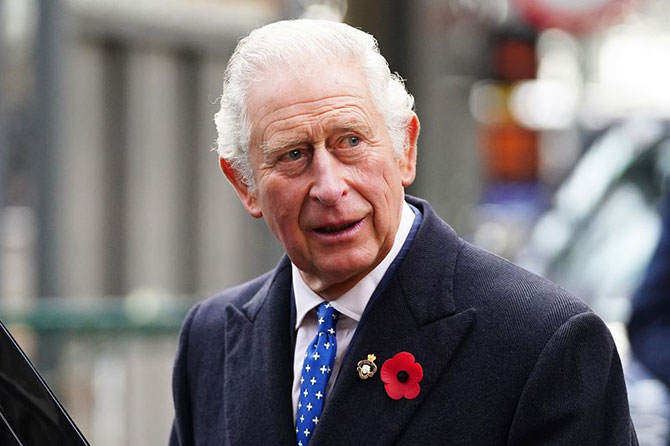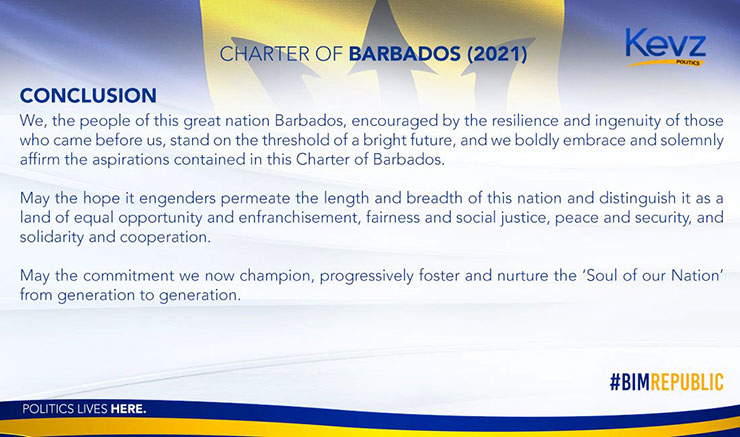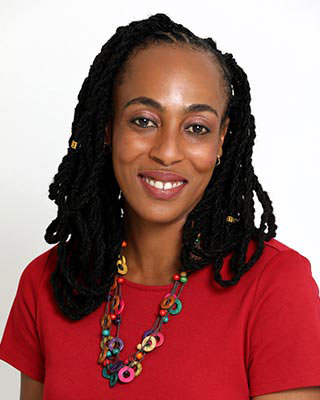BARBADOS becomes a Republic on November 30, Prince Charles Invited

MONTEGO BAY November 28, 2021 - At midnight on Monday November 29, Barbados will transition to being The Republic of Barbados, 55 years after gaining political independence from Britain on November 30, 1966. The Queen remained head of state, and the country stayed within the realm of the British Commonwealth.
Barbados will become the Fourth Caribbean Country within the Commonwealth to become a Republic after Guyana on 23 February 1970 after four years of independence and Trinidad and Tobago on August 1, 1976, after being an independent nation for close to 14 years and Dominica on 3 November 1978.
“The time has come to fully leave our colonial past behind,” Barbados Governor General Dame Sandra Mason said when the intention to become a republic was announced in September 2020. Dame Mason, who as Governor General was the Queen’s representative in the country, has been elected as the first ever First President of Barbados and will be sworn in during the celebrations.

An invitation was extended to the Prince to be a guest of honor at the celebrations from the Prime Minister of Barbados, Mia Mottley. Clarence House announced that he was invited “as future Head of the Commonwealth,” which Barbados will remain a member of. Of course, the current head of the Commonwealth—the Queen—no longer travels overseas.
The central event which Prince Charles will attend to declare Barbados a republic and mark the inauguration of the President of Barbados will be at National Heroes’ Square in Bridgetown, beginning at 11 p.m. local time on November 29. Barbadians have been encouraged to wear their national colors and “truly celebrate the spirit of this historic time and celebrate ourselves for this major step we’re taking as a country.”
Mottley's proclamation of republican status for Barbados, came as somewhat of a surprise for many who often looked at Barbados as “Little England". It marks the full cutting of ties with Britain after centuries of colonial and quasi colonial rule.
The move has drawn the jealous ire of some sister commonwealth countries like Jamaica whose population has long advocated the move to republican status from as far back as former Prime Minister Michael Manley in the 1970’s and felt that Jamaica should have long made the move towards republicanism.
Prime Minister Mia Mottley has however commanded the respect of many Jamaicans who have commended her for the bold, decisive move.

“It is a document, however, that reflects how the majority feel, but that is committed to the protection of all, not just the majority, because the role of a government is to confer the benefits of the protection of the rule of law, the precepts of fairness, on its people while insisting that order remain to avoid anarchy,” she added.

She said the Charter “seeks to set out very, very clearly the precepts of not only rights but the recognition that the only people that will take care of this fair land are Barbadians themselves and those choosing to live here”.
The Charter of Barbados is premised on five articles, the first of which states that all Barbadians are born free and are equal in human dignity and rights regardless of age, race, ethnicity, faith, class, cultural and educational background, ability, sex, gender or sexual orientation.
“We must have a guideline to ensure that we must never, never, never, never reflect any ounce of discrimination against any human being in this nation if we are to be fair to the battles and to honor the battles fought by our ancestors and if we are to be fair to the precepts of human dignity that we believe in, whether as a nation or spiritually so,” Mottley told Parliament.
However, not everybody is in lock step with Mottley.There are reports that there could be protests against the Prince’s attendance. Barbados Today quoted the General Secretary of the Caribbean Movement for Peace and Integration David Denny as saying: “If you are breaking with the monarchy, then you cannot invite them to be part of that process…It is a contradiction,” he told the publication.

“The British Royal family is a source of exploitation in this region and many other parts of the world and as yet, they have not offered a formal apology or any kind of repair for past harms,” Dr. Hinds said.
In response, however, Barbados’ Minister of Tourism and International Transport, Senator Lisa Cummins said the decision to include the Prince is about “diplomatic relations.”
“We are making a signal to the world that this transition we are making is without rancour, it is without angst, without acrimony and they are here to say 'we support what you are doing and we are diplomatically recognising that,’” she said in response to the criticism.
The British first arrived in Barbados in 1625 when James I was king. Two years later,in 1627 the island was colonized by the British. From the 17th century, enslaved people were transported from West Africa to Barbados and continued until the beginning of the 19th century.
Slavery was abolished in 1834, and Barbados remained a British colony. In 1961, it attained full internal self-government, and full independence was gained on November 30, 1966.
Once Barbados becomes a republic there will be 15 Commonwealth Realms left in the world. The UK is one and the 14 others are: Antigua and Barbuda; Australia; The Bahamas; Belize; Canada; Grenada; Jamaica; New Zealand; Papua New Guinea; Saint Kitts and Nevis; Saint Lucia; Saint Vincent and the Grenadines; Solomon Islands; and Tuvalu.
